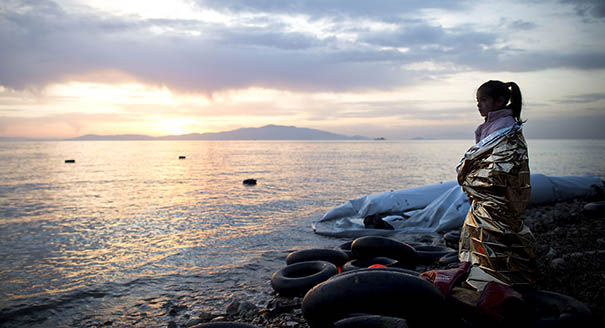Registration
You will receive an email confirming your registration.
The conflict in Syria has created the largest refugee crisis since World War II. More than 5.5 million Syrian refugees reside in Iraq, Jordan, Lebanon, and Turkey, and another 6.5 million are internally displaced. Whether refugees return to Syria depends on a number of conditions—such as governance and personal safety as well as political transition—which the international community has largely ignored in the ongoing peace deal negotiations. The Carnegie Middle East Program hosted a discussion of Maha Yahya’s latest report Unheard Voices: What Syrian Refugees Need to Return Home. The report offers policy recommendations that place refugee demands at the center of any sustainable political resolution of the Syrian conflict. Maha Yahya presented her findings. Ibrahim al-Assil and Sana Mustafa provided comments on the report. Joseph Bahout moderated the discussion.
Speakers
Ibrahim al-Assil
Ibrahim al-Assil is a nonresident fellow at the Middle East Institute.
Joseph Bahout
Joseph Bahout is a visiting scholar in the Carnegie Middle East Program.
Sana Mustafa
Sana Mustafa is the director of Sana Mustafa Consulting and a founding member of the Network for Refugee Voices.
Maha Yahya
Maha Yahya is the director of the Carnegie Middle East Center in Beirut.
